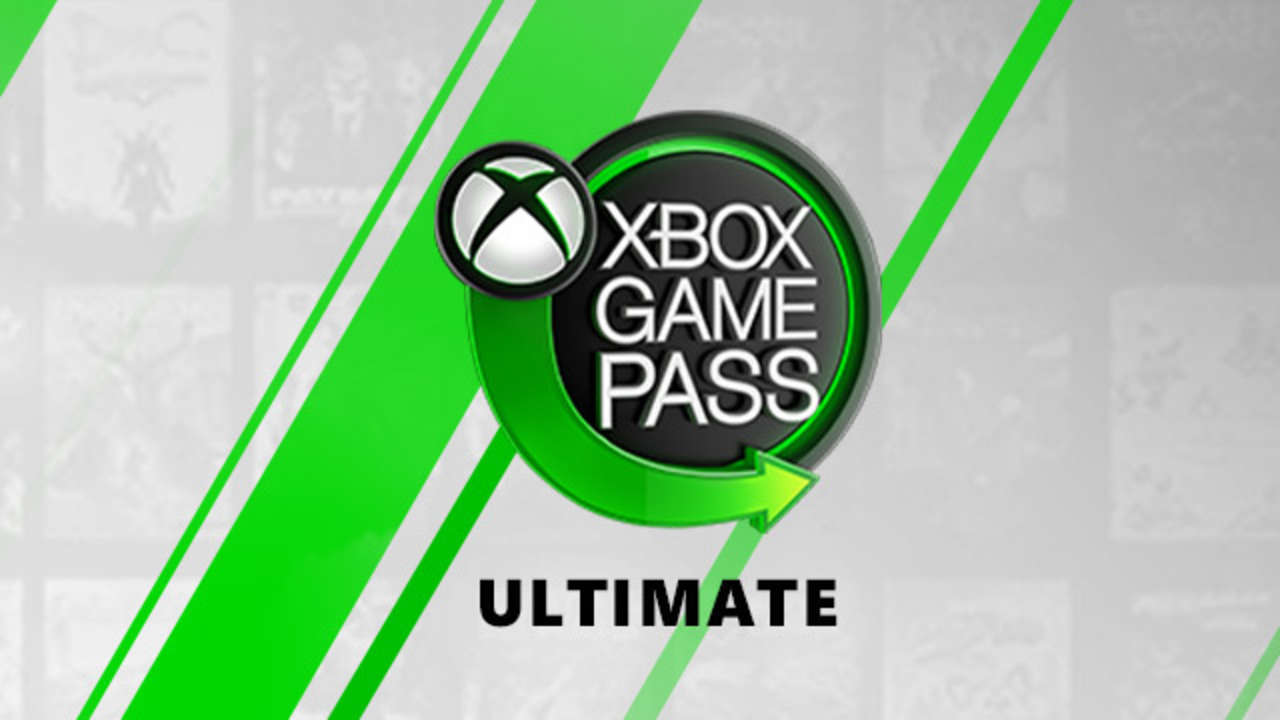You’ve likely seen by now that Xbox Live Gold was getting a price hike. Confirming the news on Friday, Microsoft said the move came after a periodic assessment, one meant to examine what value the service offered.
We’re used to seeing small price increases with services like these, but no one expected Microsoft would outright double it, raising an annual subscription from $60 to $120 for almost no increased benefit. Unless you count Microsoft adding an extra game to February’s Games With Gold lineup, which I’m not. Not really.
Understandably, many Xbox Live Gold subscribers and Xbox users, in general, were not happy.
To start with, the timing for the price increase was incredibly poor. We’re in a pandemic and many of us are struggling financially. Such a price hike, especially one so considerable, doesn’t sit well — and that’s put politely.
It can be argued that there are more important things than video games to consider in times like these, but more people than ever are gaming. It’s helped connect friends and families for decades, making online multiplayer one of the few avenues we currently have for social interaction. We shouldn’t be expected to spend more money for little gain.
By comparison, the price hike made the PlayStation equivalent of Xbox Live Gold — PlayStation Plus — look more appealing; a PS Plus membership remains at $60 and offers complimentary games every month. That’s not to mention some free-to-play titles have always been and remain available to play online without a membership, something Microsoft has perhaps not just considered, but something Microsoft has just now implemented.
Sure, Microsoft’s move wouldn’t have affected existing 6-month or 12-month subscriptions, but monthly subscribers and new subscribers would have borne the brunt of this increase. At a time when Microsoft only recently launched the Xbox Series X|S — and, again, doing so in a worldwide pandemic — it was an ill-timed, self-defeating move.
To see the company immediately reverse this planned increase so quickly was unexpected. Considering retail cards for Xbox Live Gold carrying the new prices were printed, it doesn’t seem like this was some type of stunt either.
On top of reversing the price hike, Microsoft revealed that free-to-play games would no longer require a Gold membership. It’s a huge improvement when you consider games like Fortnite don’t have this type of gatekeeping on PC, Switch, or PlayStation.
So why did Microsoft risk putting themselves at such a disadvantage? It clearly wasn’t the need for a quick influx of cash, considering they could afford $7.5 billion for Bethesda last September.
The goal is clear, as it has been for years, and it all revolves around Game Pass.
Microsoft have made a tremendous push for the games subscription service these last few years, also offering Xbox Live Gold and Xbox Game Pass in one package, Game Pass Ultimate, a package that would have remained unaffected by the price increase, staying at $14.99 per month.
By guaranteeing Day-One access to their first-party lineup via Game Pass, any short-term losses are and would be minimized by long-term investment.
Once players sub to the service, it becomes much easier to persuade them about Game Pass’ enduring value because of its catalog of games. By hiking Gold’s annual pricing to $120, Microsoft could have persuaded more players into joining Game Pass, especially since the monetary gap was to be so small compared to what it had been.
After all, it’s only a little increase, right? What’s $60 for an additional subscription and access to more than 300 games and xCloud access? On paper, it’s a shrewd move. In practice, right now, it’s something.
The biggest point, though, is this: We’d have had less real choice between services when it comes to Xbox consoles if Microsoft had gone through with the increase, and there wouldn’t have been much way around it.
I’m pleased to see Microsoft have changed their minds here; it’s a clear win in the battle against anti-consumer practices. But it shouldn’t have happened at all, and certainly not right now.
Ultimately, it’s Microsoft’s goal to sign as many people onto Game Pass as possible; with big games like Halo Infinite getting delayed, that’s what’s keeping them going. But perhaps there’s another way to do it without alienating a large group of the playerbase.








Published: Jan 23, 2021 05:12 am